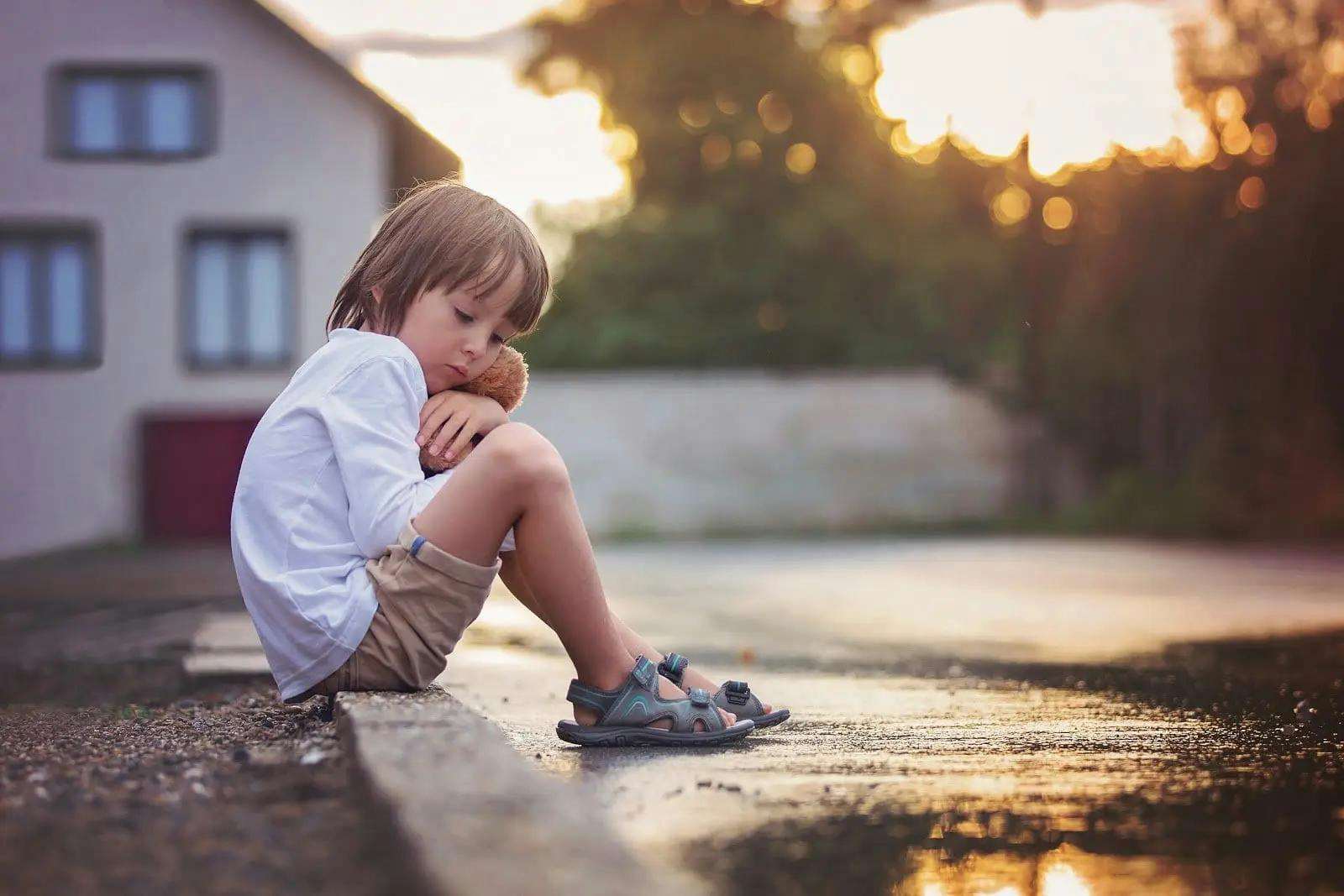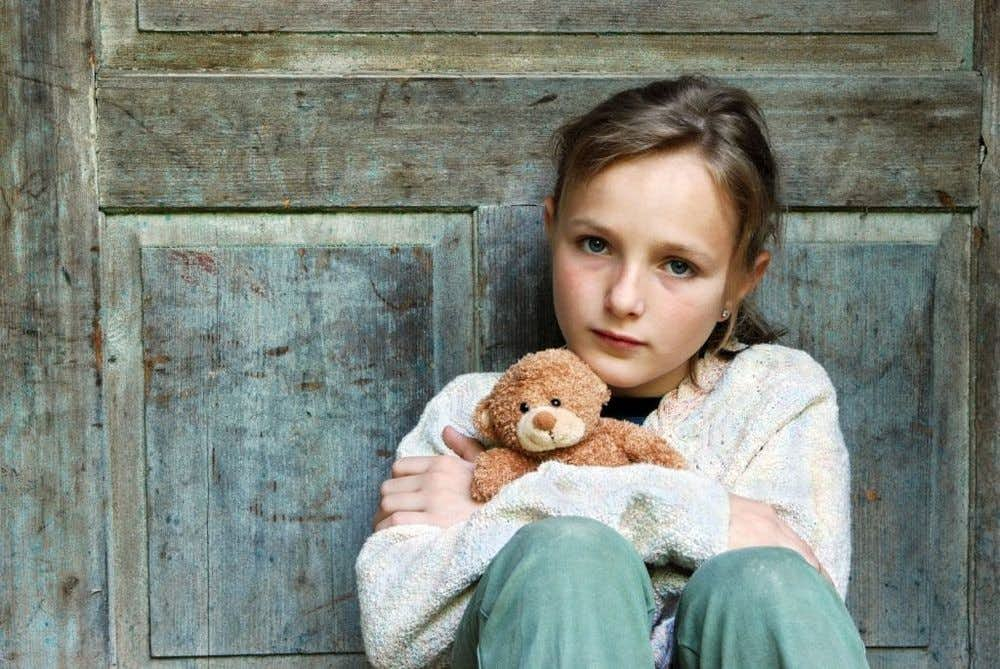April 16th, 2019

“A mother’s arms are more comforting than anyone else’s.”
- Princess Diana
There is nothing like the closeness of a bond between a mother and her child. One of the most obvious reasons involves the fact that a mother carries her baby inside of her body for months! Talk about close.
At some point during the pregnancy, the fetus may begin to hear his or her mother’s heartbeat and/or voice. Experiences such as looking at the ultrasound scan or feeling the fetus move for the first time typically may lead to the mother feeling more attached to her unborn baby. If a mother chooses to breastfeed her baby, this is also another opportunity to develop a stronger, tight-knit bond.

Mothers may be absent from their child’s life for a few different reasons including:
A child who has been given up for adoption may develop a desire to know and understand why. When a mother has to make the decision of giving her baby up for adoption possible reasons may include:

Biologically speaking, the maternal bond between a mother and her baby normally develops during the pregnancy months. Is the maternal bond still a possibility in cases where a mother adopts a child?
Because there is no definite answer, this is a tough question. It is best to say that it is based on individual situations. Every mother and adopted child will bond differently dependent upon their environments.
Although the relationship lacks biological benefits in terms of creating a bond, it is still possible to develop a connection between a mother and her adopted child.
A child’s mental and emotional development begins as early as they are born. From the minute they take their first breath, an infant will begin to utilize their senses and begin to figure out the world surrounding them.
With time, the child begins to develop all of the following:
A child’s biological makeup creates part of who they are, but their environment aids in creating the other part of themselves. The influence or absence of a mother can greatly affect a child’s mental health development.

An individual’s mental health may be affected at any age or circumstance due to the lack of a mother. Different situations and causes, as listed below, can provoke different effects...
Depending on your specific situation, here are some tips and tricks to help make it through!
At Clarity Clinic, we have highly trained staff who specialize in therapy and psychiatry services. To learn more about how we can support your mental health, call Clarity Clinic at (312) 815-9660 or schedule an appointment today.

Our Services
Virtual/Online CarePHP and IOPAdult PsychiatryChild & Adolescent PsychiatryAdult TherapyChild & Adolescent TherapyCouples CounselingFamily TherapyGroup TherapyPsychological TestingTranscranial Magnetic Stimulation (TMS)Resources
Refer a PatientCareersClinical Training OpportunitiesOur ProvidersFree Mental Health TestsCommonly Prescribed MedicationsLocationsBlogIn The NewsClarity Through CharityClarity for AllQuick Links
Patient PortalFAQsAccepted InsurancesContact us